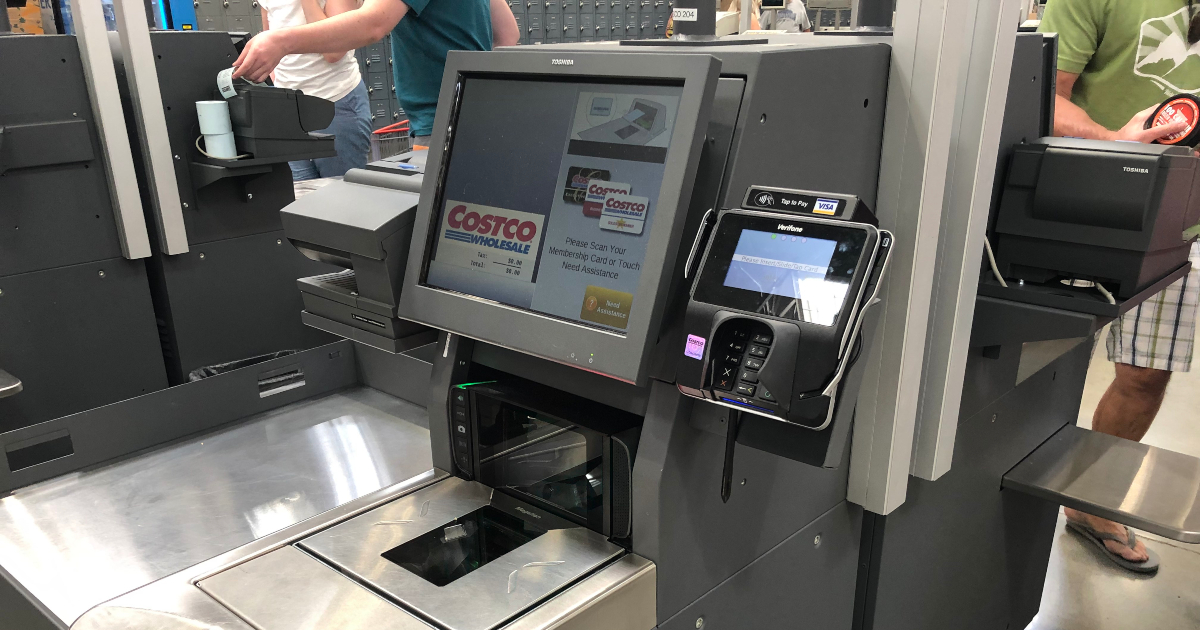Over the past few years, the retail sector has been rapidly evolving, with innovations introduced to enhance operational efficiency and improve customer experience. Discussions about the future of shopping at Costco, particularly in the absence of self-checkout machines, tap into a broader narrative about how retail giants adapt to change without losing their customer-focused values.

Despite the growing popularity of self-checkout technology, Costco's decision to focus on alternative approaches brings significant benefits to its shoppers. This move could redefine not only efficiency but also the human interactions that contribute to customers’ satisfaction and loyalty.
Here’s a closer look at the potential benefits and innovations that could emerge from Costco's shopping experience without self-checkout machines.
Enhanced Customer Service
With the removal of self-checkout machines, Costco invests more in the human touch—a feature that sets it apart as a customer-oriented retailer. Dedicated cashiers ensure faster issue resolution, enabling customers to enjoy a streamlined and stress-free experience at checkout.
Additionally, human oversight reduces errors during payment—something technology still struggles with at times—saving customers time and frustration. Employees can also provide personalized assistance, such as answering product-related questions or offering recommendations.
When service quality increases, it fosters customer satisfaction and loyalty. This points to a successful future where relationships between employees and customers remain at the forefront.
Faster Checkout Times During Peak Hours
Contrary to popular belief, self-checkout machines are not always the fastest option, especially during peak shopping hours. Machines can malfunction, or customers may struggle with product scanning, halting lines altogether.
By redirecting resources toward staff-managed checkout lanes, Costco can minimize delays. Trained cashiers equipped with experience and efficiency are capable of reducing bottlenecks, ensuring that customers spent less time waiting and more time enjoying their purchases.
For Costco members, speed and convenience have always been at the core of their shopping experience, and this adjustment could cement those values further.
Job Opportunities for Communities
Rather than replacing human roles with technology, Costco's strategy focuses on job creation within the communities it serves. Hiring more team members results in better support for operations and contributes to improved customer assistance.
Providing local employment opportunities strengthens relationships between Costco and its communities, showcasing corporate commitment to economic sustainability. These initiatives not only help employees but also resonate positively with socially conscious shoppers.
Improved Inventory Management
Staff-operated checkout lines provide a consistent touchpoint for inventory monitoring. Employees handling checkout can detect patterns such as frequently returned or problematic products, allowing Costco to act quickly and make necessary adjustments.
This human-driven feedback loop ensures that inventory levels reflect actual customer demand while identifying quality issues more efficiently. Accurate inventory management not only benefits Costco but also results in fewer out-of-stock moments for customers.
Greater Member-to-Retailer Transparency
Another benefit of employee-managed checkout lines is improved transparency. Customers feel more comfortable clarifying charges, asking about membership renewals, and engaging in meaningful exchanges with employees.
Transparency builds trust and creates a bridge between Costco and its members, aligning with the retailer’s reputation for putting customers first. With employees acting as interfaces, the potential for miscommunication significantly diminishes.
 icons at the top right corner of the subsection.
icons at the top right corner of the subsection.